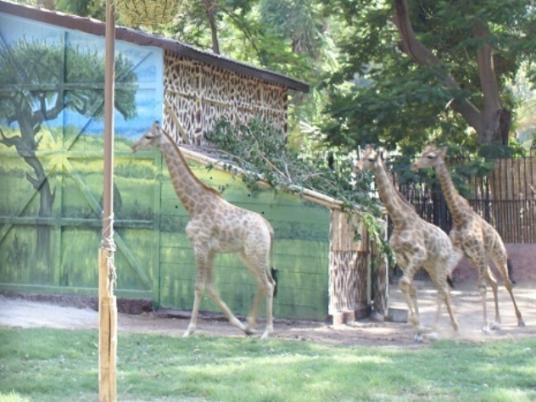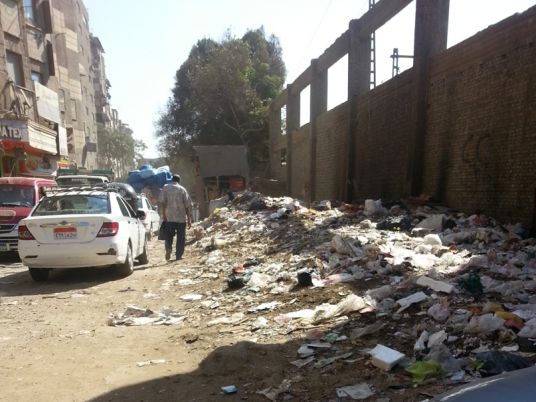
Restrictions on dollar transfers and the shortage of foreign currency liquidity are keeping companies from importing meat for Eid al-Adha.
A government report, however, has said that 50,000 heads of cattle and camels, 20,000 heads of sheep and 90,000 tons of frozen meat, fish and chicken will be imported before the feast.
Samir Sweilem of the Cairo Chamber of Commerce’s Importers Division attributed the problem to the central bank governor’s decision in February to stop banks from accepting deposits of more than US$10,000 a month from individuals and $50,000 a month from companies. Additionally, the banks do not have enough foreign currency liquidity, although the market needs to import food in order to meet the gap between production and demand.
Sweilem also said that there are 40,000 tons of food and other products, especially raw materials for medicine, that are sitting in Egyptian ports waiting for release documents from the banks, but the bank have no cash. “The importers end up paying storage fees for those products, which they later add to the selling price,” he said.
He said Norway's Central Bank warned of exporting products to Egypt unless consignments are paid in advance or the Egyptian Central Bank guarantees payment. “But our Central Bank does not allow payment in advance or letters of guarantee before the arrival of the consignments,” Sweilem said.
Meanwhile, sources at the Veterinary Quarantine Authority said the team it sent to Spain to inspect 4,000 heads of cattle was ordered to return because the shipment would not be sent.
A report from the General Authority for Veterinary Services, on the other hand, said 4,000 heads of cattle are coming from Hungary, 3,000 are coming from the Ukraine, 6,000 are coming from Uruguay, 8,000 are coming from Australia and 6,500 heads of cattle, as well as 20,000 camels, are coming from Sudan.
The report also said that 20,000 heads of sheep are coming from Australia, in addition to 30,000 tons of frozen meat, 35,000 tons of frozen fish and 15,000 tons of frozen poultry.
Edited translation from Al-Masry Al-Youm




